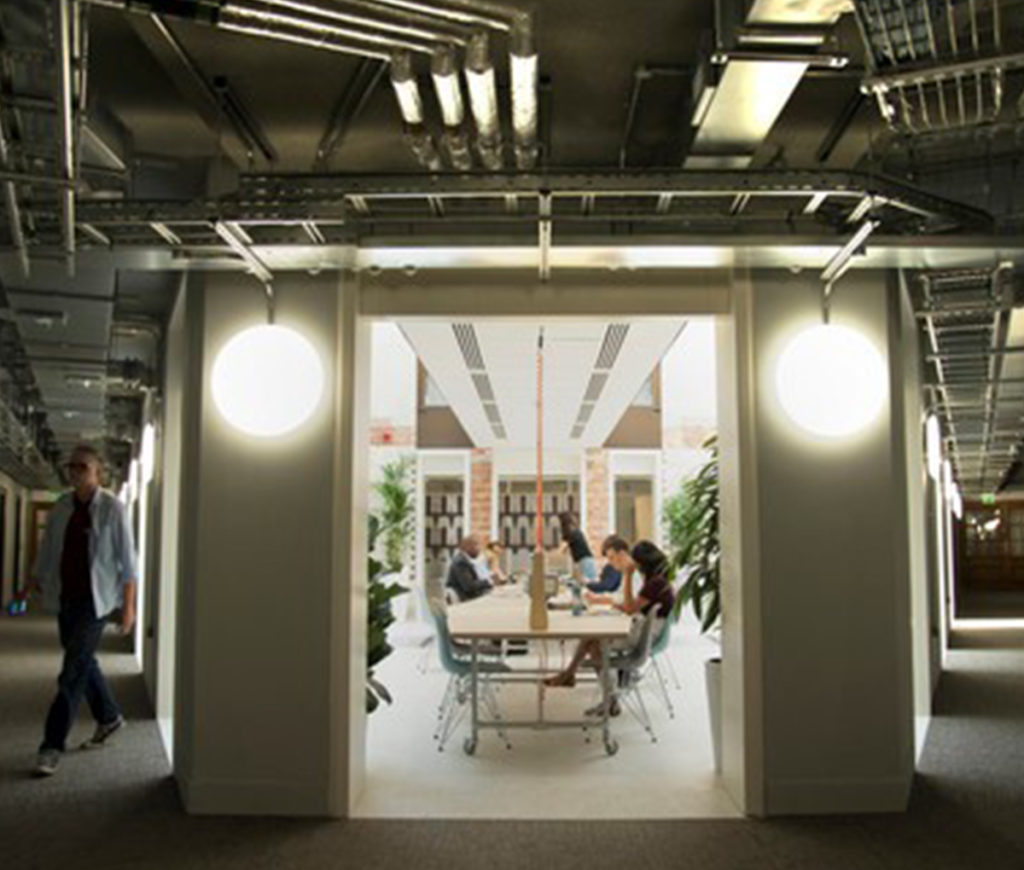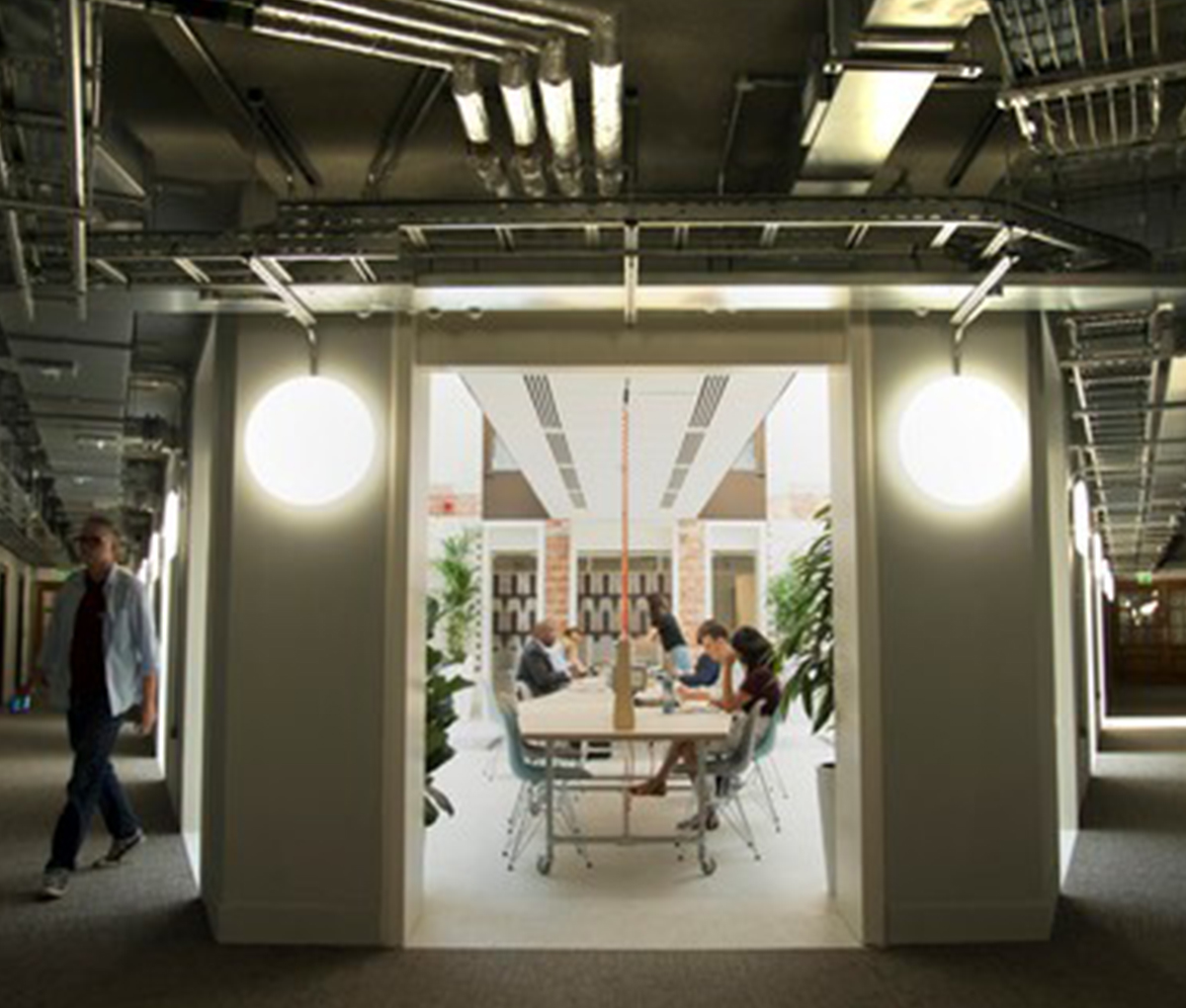
How can the workplaces of the future provide opportunities for all?
Matt Blades, Assistant Director, Economy and Inward Investment at London Borough of Lambeth explains how Lambeth’s Future Workspace Fund supports affordable workplaces and local businesses.
As the country reopens and organisations take tentative steps back to the office, there is still much uncertainty. Will central London bounce back stronger than ever? Will we see a more polycentric London emerge, redefining London’s economic geography? Perhaps both are possible – at Lambeth, we certainly hope so.
But in these unprecedented times, we’re convinced of one thing. Whilst the rise of co-working has been hugely positive, providing more flexibility than ever before, it hasn’t answered the needs of all businesses.
The need for specialist workspaces must feature as part of a world-class business ecosystem.
And the price of Central London workspaces will remain out of reach for many – a key concern if we’re to build back better and more equitably.
That’s why we’ve launched the Lambeth Future Workspace Fund.
Our Future Workspace Fund is a 5-year £8million capital fund, providing flexible social investment finance in the form of grants or loans, catalysing sector-specialist and social purpose workspaces. The fund builds on Lambeth’s track record of investing in some of London’s most interesting spaces – from temporary schemes like Pop Brixton and London’s first Living Wage Building at International House, to the The Old Vic theatre extension being designed by Sterling Prize winner Steve Tompkins.
There is a myriad of ways in which specialist workspace providers need capital. Our fund is designed to be flexible, offering a range of financing options on terms not readily available on the commercial market. We’ve recently announced investments in four workspaces that reflect our strategic economic development goals.
We are firm believers in the power of culture and creativity. To underpin growth and regeneration, but to enhance people’s lives and provide opportunity to all. So, within the Brixton Creative Enterprise Zone, alongside co-investors NESTA, we’re supporting Ten87 – who provide high end micro studios spaces for over 150 recording artists. Ten87 will transform a large basement space underneath the new Brixton House Theatre building on Coldharbour Lane, building on Brixton’s rich musical heritage.
Alongside the GLA, Arts Council England, Capita and others, we’re supporting 198 Contemporary Arts and Learning (a pioneering black-led arts charity), to complete a two storey extension in Herne Hill. The project will provide workspace, meeting rising demand for neighbourhood working, and providing a commercial revenue stream for the charity. The top floor will house ‘The Factory’ – a new creative production space supporting young people from disadvantaged backgrounds.
And in Streatham, we’re supporting Artist Studio Company to acquire and refurbish an artist workspace, locking-in affordable creative space for the long term.
County Hall on the South Bank is the location for our largest investment to date. Remarkably, a huge derelict space within this historic building will be brought into use for the first time since the building was constructed in 1911 – providing a future-facing workspace venture by Sustainable Workspaces. Sustainable Workspaces have worked with some of London’s largest landowners and developers in recent years to build temporary workspaces and can now lay claim to the largest community of low-carbon entrepreneurs in Europe. Sustainable Workspaces at County Hall will provide a permanent home for businesses at the forefront of commercial solutions to the climate emergency. Lambeth’s investment is being made alongside Big Issue Invest. Together we’ll track the economic and social benefits of the space, including the cumulative impact towards the UN’s Sustainable Development Goals.
At Lambeth, we’re excited about what the future holds for workspace in London. Being flexible and agile, addressing gaps in the market to support economic recovery will be at the heart of our approach.
